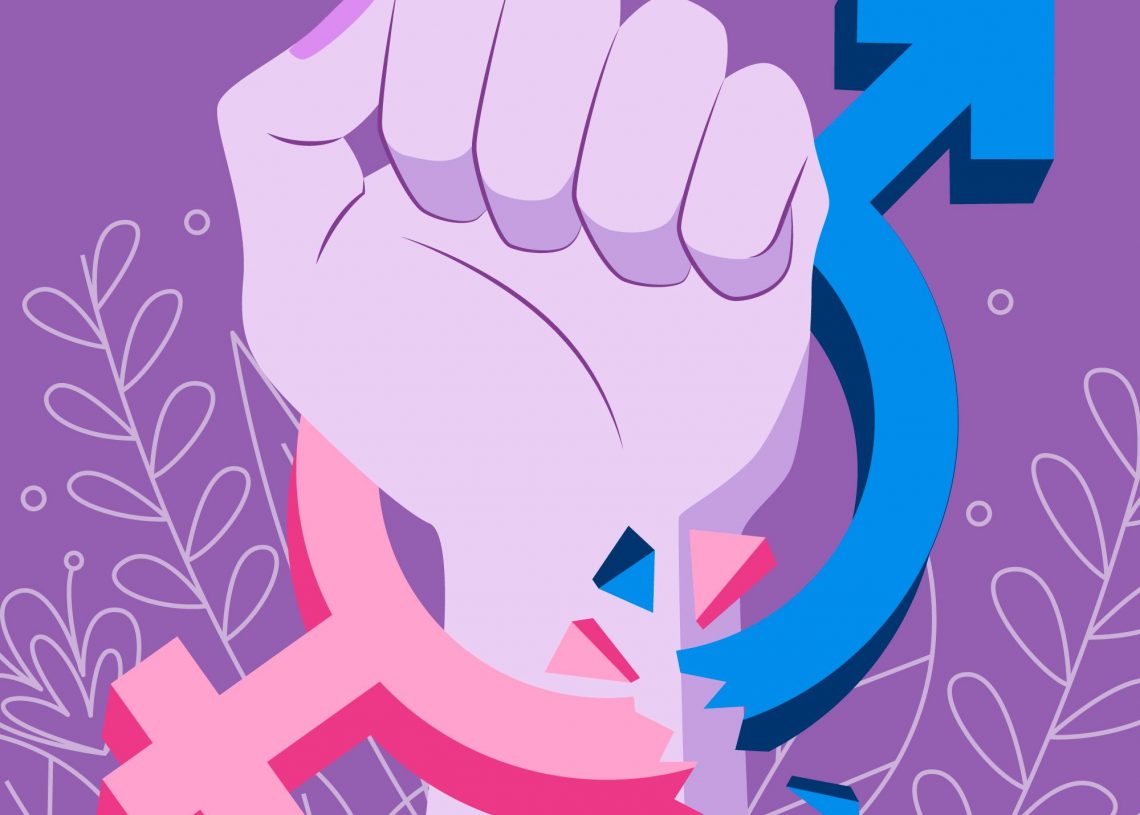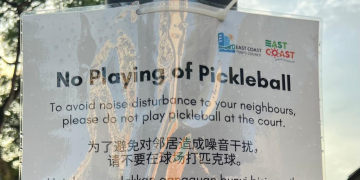“Yes! I advocate gender equality – women should also be caned in prison.”
“There definitely should be gender equality. I welcome the idea that females need to serve National Service (NS) as well.”
These are some of the common comments from men when the issue of gender equality springs up. Perhaps the road to equality has been incessantly bumpy and divergent because what men and women want and what they feel is equal are different, fundamentally hindering society from moving forward.
This is what ‘equal’ means to me
Zheng Xiaoting, 28, wants the right to opinions for both genders. But more significantly than that, the opinions have to matter and be taken into consideration for areas that involve them.
She says that men and women should be “able to do the same thing like being a breadwinner or doing house chores”.
“We should also be able to choose what we want to do and be encouraged regardless of our gender,” the account manager adds.
What Ms Zheng has a gripe with are restrictive and misogynistic catchphrases that stereotype the roles and abilities of genders.
“As a [female], I do wish that the other gender would realise that some of the things that they deem as ‘a man can do it better’ or ‘it is a woman’s job’ are not true,” she says.
Ms Zheng lists a few examples.
“[Take for example] driving. Men feel that women are bad drivers. For chores, men feel that women should do them instead,” she says.
Ms Zheng feels the societal definition of genders have made “men feel [like] they should be doing jobs or be in roles that are more ‘important’ [such as] making money” while women are expected to be submissive housewives or home-makers.
For Maxcelin Tan, she believes basic respect is the crux of gender equality.
“It simply means having the same amount of respect. As a female, I wish that males could first acknowledge and recognise women as equal human beings and that discrimination or sexism is a form of weakness,” says the 30-year-old bank executive.
Unfortunately on the job-front, Ms Tan feels discrimination and sexism still exists. She says that opportunities and remuneration are still not equal for both genders.
However, according to Dr Tan Ern Ser, Associate Professor of Sociology at the National University of Singapore (NUS), it is imperative to set the premise of ‘equality’ before the argument for what is ‘equal’ can commence.
“One needs to make a distinction between equity and equality,” he starts.
Dr Tan cites an “obvious example” where women who just gave birth need more time and work leave to recuperate after pregnancy and childbirth.
“Another example [would be] the restroom design for women. [It] is different from men’s as the former has more cubicles. If we provide [an] equal number of cubicles [for] the sexes, it’d be unfair to women. Consider the long queue outside women’s toilets after a concert,” he says.
Therefore, he states that “what is equal may not be equitable or fair”.
Nevertheless, Dr Tan observes similar inequalities that Ms Zheng raised.
He observes that women shoulder more household and childcare responsibilities than men. This may disadvantage women in their careers or affect their chances of being employed. Even if they enter the workforce, Dr Tan says that the discrimination against women at the workplace, such as a glass ceiling, is a form of gender inequality.
As gender inequality is about both sexes, he recognises that there are displeasures that men feel towards their obligations.
“One common grouse among men is that their national service [causes them to] enter the workforce later than women. At the age of 25, male graduates would be new hires, while female graduates would already have a two-year head start,” Dr Tan says.
Evolution of gender equality
Although gender inequality still persists in the society, Ms Zheng was asked if it had evolved for the better over the years.
She believes so. “Over the past 10 years, I could see that there are more females who are prioritising their career [over] being a homemaker. Some are even taking up managerial roles which were commonly [given to] men in the past,” Ms Zheng says.

She sees that the opposite for men is true as well. “There are also more men who are house husbands now, the person who is doing the chores and looking after the kids instead of climbing the corporate ladder,” Ms Zheng adds.
Ms Tan is of the same opinion but brings up the fields of politics and public sector.
“Since General Election 2020, we are seeing a record high number of women entering politics and making decisions in policy making,” she says.
Ms Tan adds that this had shifted equality in the favour of women because “more female candidates in Parliament give a different perspective in terms of underlying issues that may be affecting the country [where] male candidates may not have the same [amount of] empathy”.
“The last decade has also witnessed more females signing on with the Singapore Armed Forces, voluntarily choosing to be a soldier as their career. Being females, they have to go through the same kind of military training as per their fellow male soldiers,” Ms Tan adds.
In this regard, she feels optimistic that Singapore is heading in the right direction as “it is encouraging to see that Singapore does not restrict women from having their voices heard and given the same opportunities.”
In Dr Tan’s view, he thinks that the rise of some forms of feminism has caused a “push-back” which ironically hindered gender equality as males feel discriminated against.
He also says that some “gender division of labour at home or at work need not be seen as a manifestation of male domination or exploitation of women”. That is because some may have been a product of “egalitarian and gender power relations” instead.
How can things be more ‘equal’
Despite these, Ms Tan says that more has and can be done.
Despite the improvements, she would like to see “more regulations imposed on companies in the area of workplace fairness”.
Ms Tan elaborates that employees should not be discriminated against and that they should be afforded the same opportunities as fresh graduates.
“It is very common to hear older people struggling to find [a place] in today’s society. So in terms of employment practices, more could be done,” Ms Tan adds.
Ms Zheng on the other hand believes division of labour when it comes to raising a family should be rebalanced.
“I feel that both men and women can do house chores and [look] after kids at home,” she says.
But like Ms Tan, she criticises the discrimination women face at the workplace.
“In Singapore, we get to receive proper education regardless of our gender thus we have equal opportunities. However, there are companies or recruiters who prefer a certain gender for some jobs as they deem it is ‘more suitable’,” Ms Zheng says.
In addition, she says that the perception of certain roles or jobs need to change in order to encourage the other gender to venture into those fields, such as nursing or childhood education where it is female-dominated.
Dr Tan re-emphasised that the challenges that hinder more equality is because of the egalitarian nature of gender power dynamics.
“When women do more housework than men, is it necessarily a manifestation of gender inequality? I am inclined to say no [because] division of labour is mutually agreed by an egalitarian couple,” he says.
The issue with equality of power relations is women do not have “equal power to choose and access to opportunities”.
According to Dr Tan, if they do, then that is gender equality.
Join the conversations on TheHomeGround Asia’s Facebook and Instagram, and get the latest updates via Telegram.














